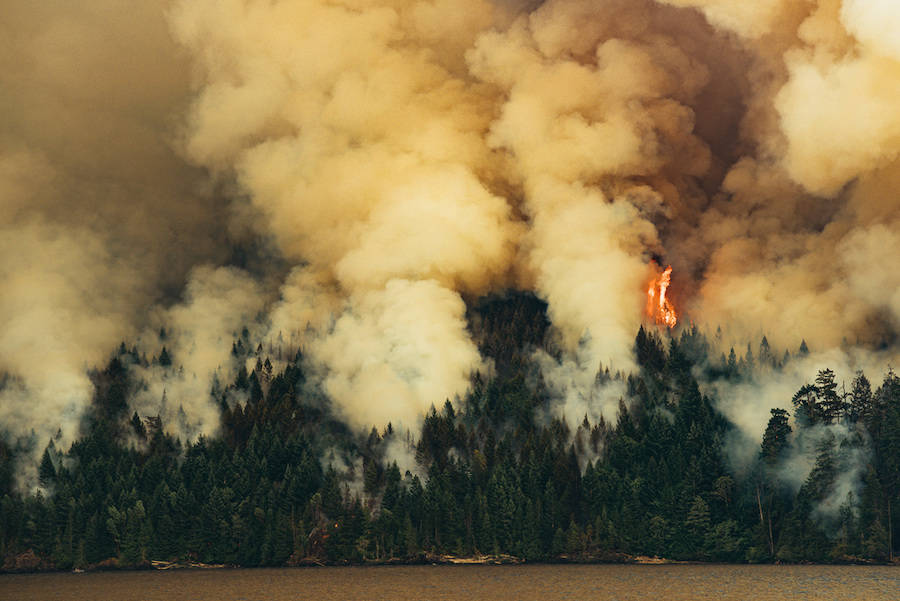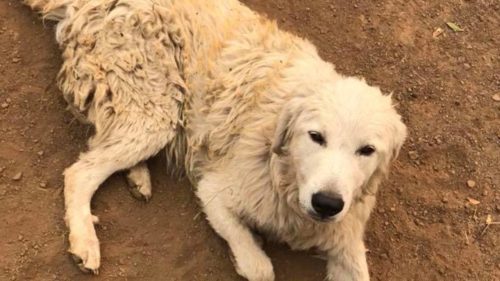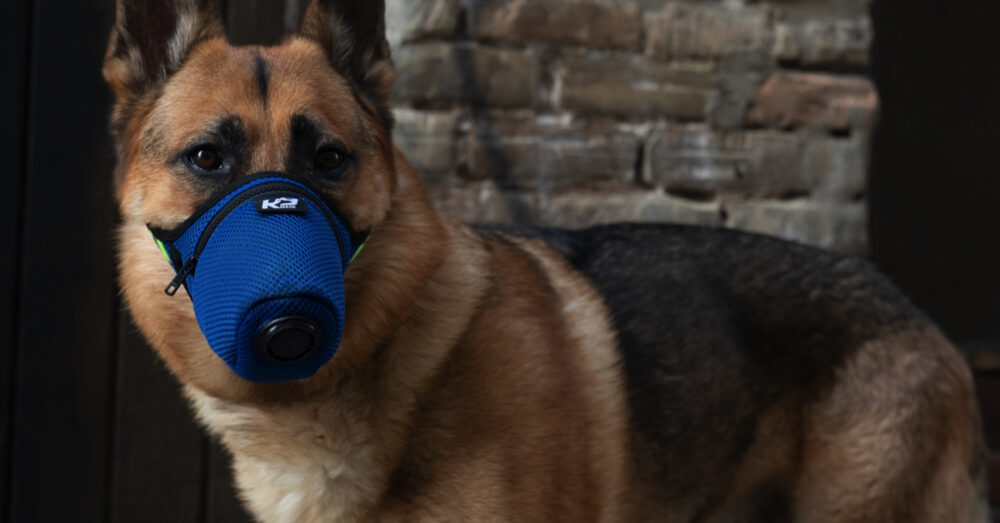
25 Nov Forest Fire Smoke in the Air, Your Dogs May be Struggling to Breathe
If you’re feeling a little stuffy or your eyes are burning from the bad air quality caused by the wildfires across the state, you might want to consider checking on your furry friends or large outdoor animals. Animals are affected by bad air quality in many of the same ways humans are, said Beth Caffrey, a public information officer for the Central California Animal Disaster Team.
The team responded Wednesday night to the community of Squaw Valley after the Silver Fire broke out. The team mostly helped residents shelter their animals in place, and four horses were sheltered at the Squaw Valley rodeo grounds. Fires have devastated Northern California this week, sending plumes of smoke across the state. “Anytime there’s an air quality issue, the same recommendations in place for humans apply to animals,” Caffrey said.
 She said it’s important for pets to have fresh water and that owners check on outdoor animals more often. If you have an animal that is brachycephalic, or has a short nose, they should be indoors if the air is smoky. Those animals includes breeds such as pugs, Persians, Boston terriers, boxers, bulldogs, Pekingese and Shih Tzus.
She said it’s important for pets to have fresh water and that owners check on outdoor animals more often. If you have an animal that is brachycephalic, or has a short nose, they should be indoors if the air is smoky. Those animals includes breeds such as pugs, Persians, Boston terriers, boxers, bulldogs, Pekingese and Shih Tzus.
Birds also could be sensitive to bad air quality, said veterinarian Bethany Hsia, who lives in Fresno. “Birds’ respiratory systems are more efficient than ours, so they’re more sensitive to irritants or toxins,” she said. Cats are known to have respiratory issues similar to asthma. So if a cat is panting, you definitely want to get that checked out.
Animals that have pre-existing respiratory issues are most at risk, Hsia said. Make sure to have their medication on hand and bring them indoors if possible. Most outdoor pets and animals should be OK, but “Don’t take a thoroughbred race horse out for a run,” she said.
Troy Ford, a Clovis vet specializing in equine health, said air quality is known to cause low-grade airway inflammation in horses. But owners of race horses won’t put their animals’ health at risk because their livelihoods depend on it. At the Big Fresno Fair, the air quality didn’t affect horse races or any FFA or 4-H animal showings, deputy manager Lauri King said. Multiple veterinarians inspect the race horses each morning and had no concerns.
So what are the signs your pet may be feeling the effects of bad air? Pets can have allergy-type symptoms as well, including runny noses. If an animal is panting, that’s a sign it’s in distress, Caffrey said. Be on the lookout for any behavior changes or if your pet stops eating or becomes nauseous.
And, just like humans, young and elderly animals are more at risk. Caffrey’s common-sense advice: Pay attention.




Sorry, the comment form is closed at this time.